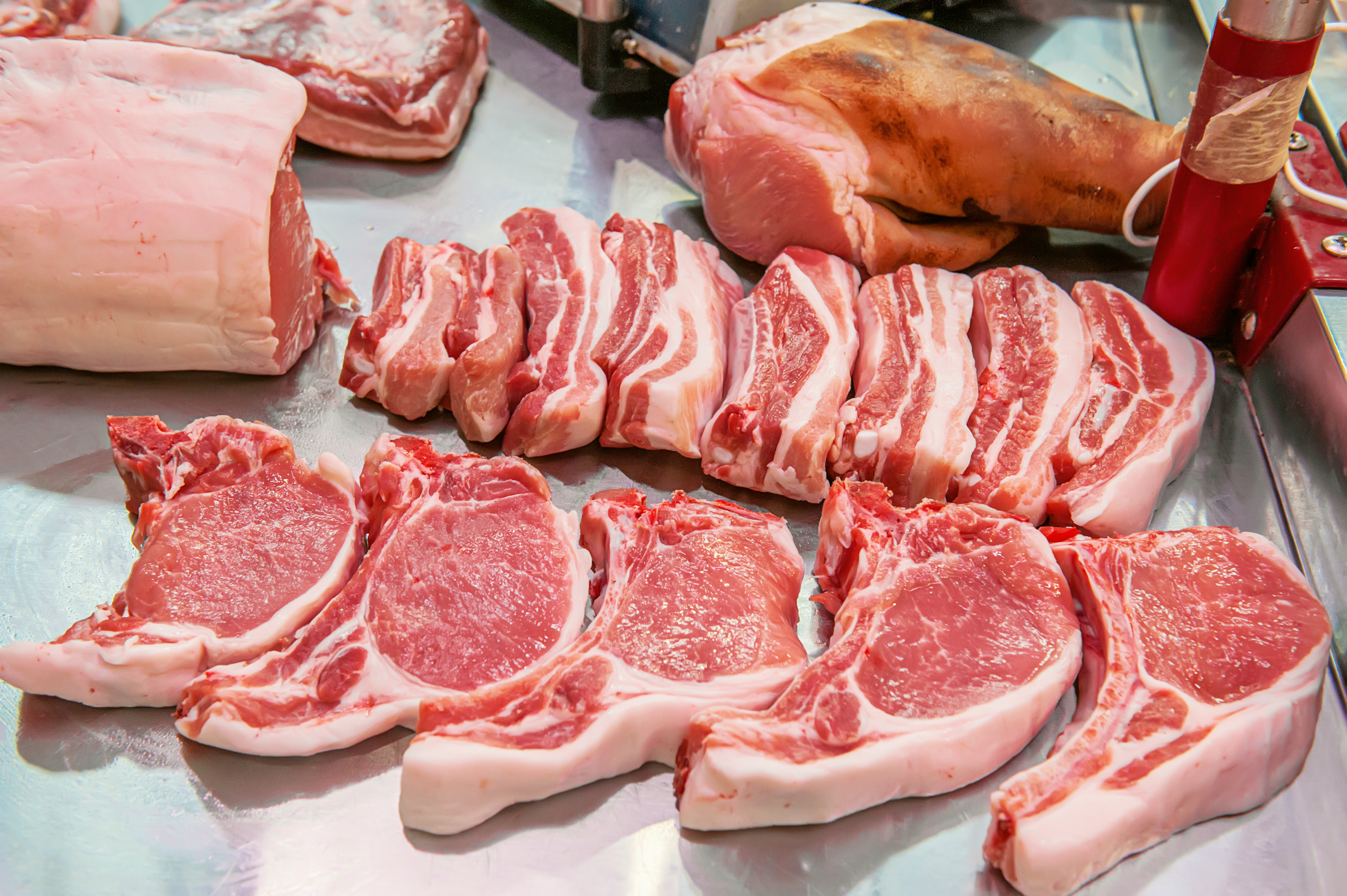If the Washington State Department of Labor & Industries (L&I) gets its way, workers compensation rates for agricultural jobs will increase by an average of 6 percent next year.
L&I is taking comments on another increase to worker’s compensation for 2023. This comes after rates were increased at the beginning of 2022.
The average proposed rate increase statewide is 4.8 percent. However, for agricultural jobs the rate increase is an average of 6 percent with some rates jumping by as much as 14 percent depending upon worker classification.
“Orchards” represent the largest number of employees under L&I’s agriculture risk classifications. The department counts 30,471 full-time equivalent people employed in orchards throughout the state. They will see their rates increase by 8 percent, should the proposed changes go through. For workers that equates to $31 a paycheck and $123 per paycheck paid by employers.
Food manufacturing and processing are expected to see an average increase of 4 percent. The average deduction increase per paycheck is $16.70 for employees and $111.50 paid in by employers for that same pay period. Food manufacturers and processors will then pass that cost on to their customers: grocery stores, restaurants, and other food wholesalers. That cost increase will work its way through the supply chain to individuals.
The rate increase will contribute to increasing food costs. In September, grocery prices were 13 percent higher than just a year ago and take-out prices were 8 percent higher. With fuel, employee pay, electricity, and almost every other form of overhead costing more in 2022, food manufacturers and sellers have increased prices to cover their payments.
The proposed worker’s compensation increase will do the same if it is not stopped.
Washington state should allow employers and employees to buy worker’s compensation insurance from a private provider rather than the state.
We are one of just a handful of states that holds a monopoly on worker’s compensation. Most states allow people to choose what sort of worker’s compensation insurance they wish to purchase, making the overall price less expensive. By opening the market to as many providers as possible, premiums should go down, making worker’s compensation insurance far more affordable for everyone and stopping the continual increase in costs seen here in Washington state.






